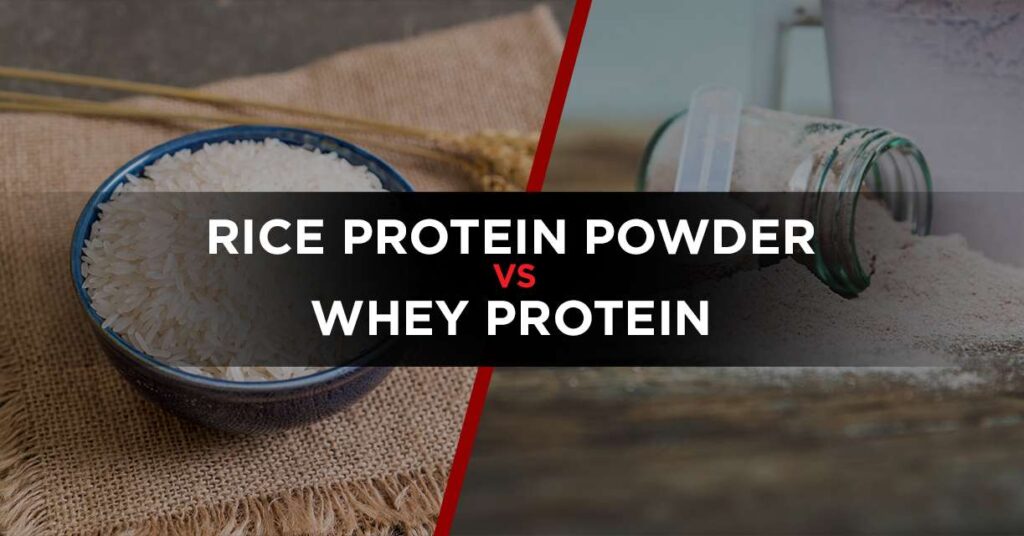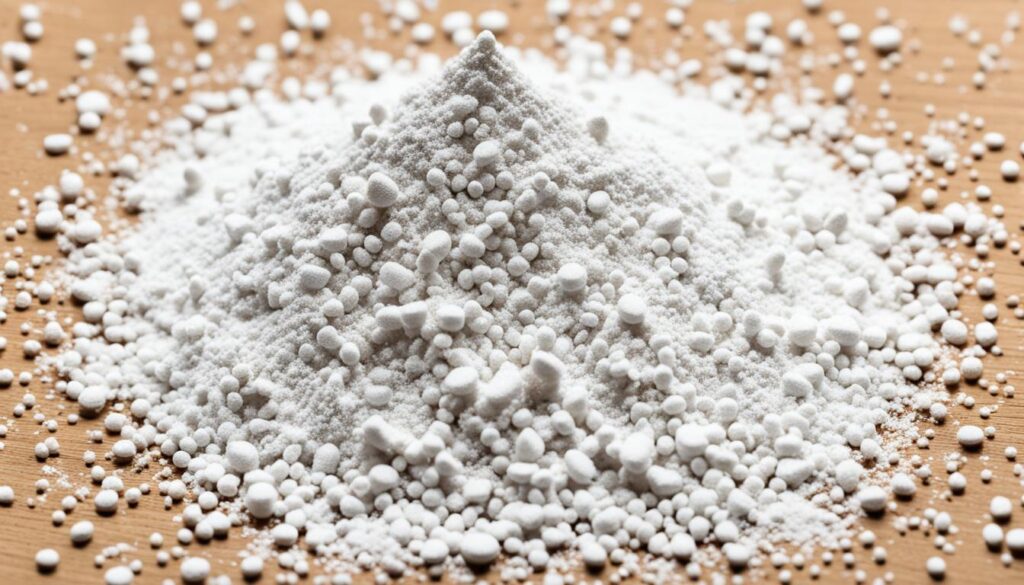Protein is one of the three macronutrients that we get from the breakdown and digestion of food, along with carbohydrates and fats. It is an essential component of the daily diet, which helps to keep our immune system healthy, preserves muscle mass, and promotes muscle growth and other crucial functions in the body.
Needless to say, people (especially athletes and gym-goers) require a significant amount of protein daily to sustain the body’s essential functions, build muscles, and recover quickly from workout fatigue.
Are All Proteins Equal?
All proteins are not made equal. The proteins are made up of amino acids. There are essential and non-essential amino acids. Essential amino acids are required to be taken from some external food source because our body cannot make it, and the body makes non-essential amino acids, so they are not required to be taken from an external source.
Our diet needs to have all the essential amino acids to function correctly. So, for this purpose, we take proteins, which are “Complete proteins,” meaning that it has all the essential amino acids. Such as in meat, eggs, fish and whey protein supplements, etc.
Whey protein has been around for quite some time and has been a favorite go-to protein meal for many people. A trend has been observed in recent times where people are starting to shift from whey protein to rice protein. There are several reasons for this shift, which we will discuss ahead.
-
-
– More People Shifting To A Vegan Diet:
-
In recent times, we see more people shifting to a vegan diet than before as whey protein is derived from milk, so people prefer to stay away from whey protein and obtain protein from a vegan-friendly source such as rice protein. This is one of the factors for the increase in the shift from whey to rice protein.
-
-
– Lactose Intolerance:
-
As a milk product, the whey has lactose content, so people who are lactose intolerant and cannot digest lactose are certainly going to shift to another source such as rice protein, which does not have any lactose in it. So, people can safely intake the protein from this source. Also proteins in milk can cause serious allergic reactions in people while rice protein is totally allergen-free.
-
-
– Protein Absorption Rate & Satiety:
-
Protein in whey is ‘fast-acting protein.’ This means that it can be digested and give protein quickly to the body. This can be a good thing, such as when you need a quick protein source directly after the exercise, but it can leave you feeling empty after a while.
Rice protein is digested relatively slower and can provide a sustainable source of protein for the body. Thus, people feel fuller for a more extended period of time after rice protein, which can help in hunger control during weight loss or just to avoid muscle loss. The rice protein is easier on the digestive system and does not cause bloating or stomach pain.
-
-
– More Organic:
-
Rice protein has fewer processes that they need to undergo before they are available for consumption compared to whey, which needs to be taken from the cows. The milk’s components are separated, pasteurized, and then the other process takes place.
-
-
– Leucine Component:
-
Leucine is one of the amino acids and is considered one of the essential amino acids because of its ability to trigger muscle synthesis, promoting muscle growth. Although rice has a slightly less leucine quantity than whey, it is sufficient when overall protein is taken in the proper amount as any extra leucine would serve no purpose anyway. But the primary significance is that the absorption rate of leucine itself is quicker in rice protein than in whey protein
Conclusion:
Although both whey protein and rice protein are adequate to add complete protein to your diet, some additional benefits are stated above, making rice protein more appealing to some people. No doubt that under specific conditions, whey protein can be more beneficial as well, such as after a heavy workout session or after a long fast. In the end, the need is to have accurate information about both so an informed decision can be made.












